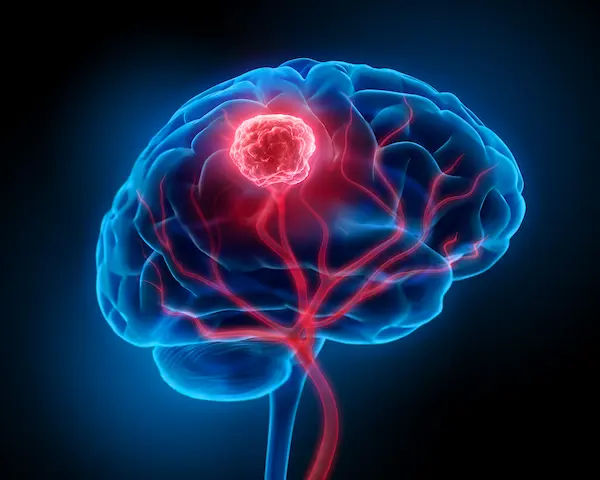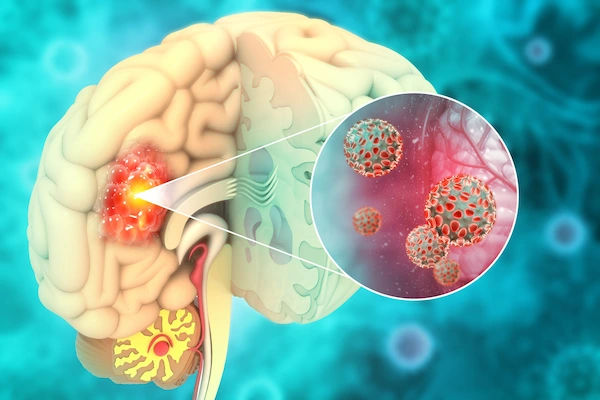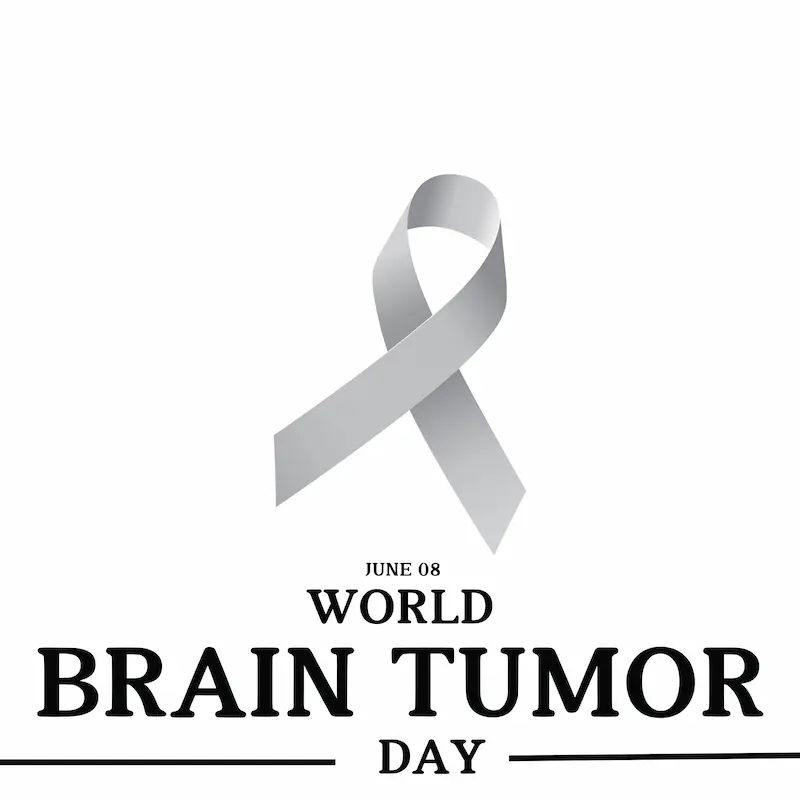Can Triple Negative Breast Cancer Come Back After Mastectomy
Concerned about TNBC returning after mastectomy? Learn about the risk of triple-negative breast cancer recurrence, what to look for, and managing your health post-treatment

Written by Dr. Rohinipriyanka Pondugula
Reviewed by Dr. Md Yusuf Shareef MBBS
Last updated on 24th Sep, 2025

Introduction
Facing a breast cancer diagnosis is overwhelming, and undergoing a mastectomy (surgical removal of the breast) is a significant step in treatment. For those with triple negative breast cancer (TNBC), a more aggressive subtype, concerns about recurrence after surgery are common. Let’s understand whether TNBC can return after a mastectomy, what factors influence recurrence, and how to stay vigilant.
Understanding Triple Negative Breast Cancer (TNBC)
TNBC is a type of breast cancer that lacks three key receptors: estrogen (ER), progesterone (PR), and HER2 protein. Since these receptors are absent, treatments like hormone therapy or HER2-targeted drugs are ineffective. TNBC tends to grow and spread faster than other breast cancers, making early detection and aggressive treatment crucial.
Can TNBC Return After a Mastectomy?
Unfortunately, yes, TNBC can come back even after a mastectomy. While surgery removes visible cancer cells, microscopic cancer cells may still remain in nearby tissues or other parts of the body. Recurrence can happen in:
Local recurrence – Cancer returns in the chest wall or near the surgical site.
Regional recurrence – Cancer spreads to nearby lymph nodes.
Distant recurrence (metastasis) – Cancer spreads to distant organs like the lungs, liver, bones, or brain.
Factors That Influence Recurrence
Several factors determine the likelihood of TNBC returning:
Stage at Diagnosis – Earlystage TNBC (Stage I or II) has a lower recurrence risk than advanced stages (Stage III or IV).
Lymph Node Involvement – If cancer had spread to lymph nodes before surgery, recurrence risk increases.
Tumor Size & Grade – Larger, highgrade tumors are more aggressive.
Response to Chemotherapy – If chemotherapy before surgery (neoadjuvant) eliminates all cancer cells (pathological complete response), recurrence risk decreases.
Genetic Factors – BRCA gene mutations may increase recurrence risk.
Signs of Recurrence to Watch For
Stay alert for these possible symptoms:
Local recurrence: A new lump, skin changes, or pain near the mastectomy scar.
Regional recurrence: Swelling in the armpit or collarbone area.
Distant recurrence: Persistent cough (lungs), headaches (brain), bone pain, or unexplained weight loss.
If you notice any unusual changes, consult your doctor immediately.
Consult Top Specialists for Oncologist
Reducing the Risk of Recurrence
While no method guarantees cancer won’t return, these steps can help lower the risk:
1. Follow Up Care
Regular checkups, mammograms (if breast tissue remains), and imaging tests as advised.
Blood tests or PET scans if distant recurrence is suspected.
2. Healthy Lifestyle Choices
Diet: Eat a balanced diet rich in fruits, vegetables, lean proteins, and whole grains. Limit processed foods.
Exercise: Aim for at least 15-30 minutes of moderate activity per week (walking, yoga, swimming).
Weight Management: Obesity is linked to higher recurrence risk.
Avoid Smoking & Alcohol: Both can weaken immunity and increase cancer risk.
3. Consider Genetic Testing
If you have a family history of breast or ovarian cancer, genetic testing (BRCA1/BRCA2) can help assess recurrence risk and guide preventive measures.
4. Clinical Trials & New Treatments
Emerging therapies like immunotherapy (Keytruda), PARP inhibitors (for BRCA mutations), and antibody drug conjugates (Sacituzumab govitecan) show promise in reducing recurrence. Ask your oncologist about ongoing trials.
Emotional & Mental Wellbeing
Living with the fear of recurrence is stressful. Consider:
Support Groups: Connecting with other survivors can provide comfort.
Therapy/Counseling: Helps manage anxiety and depression.
Mindfulness & Meditation: Reduces stress and improves emotional resilience.
When to Seek Help
If you experience any unusual symptoms or feel anxious about recurrence, don’t hesitate to consult your doctor. Early detection of recurrence improves treatment success.
Need Expert Advice?
If you or a loved one has concerns about TNBC recurrence, Apollo 24|7 offers consultations with top oncologists. You can also book followup tests for peace of mind.
Final Thoughts
While TNBC can return after a mastectomy, staying informed, following a healthy lifestyle, and keeping up with medical checkups can help manage risks. Advances in cancer research continue to improve outcomes, offering hope for long-term survival. Stay proactive, stay hopeful, and remember—you’re not alone in this journey.
Consult Top Specialists for Oncologist
Consult Top Specialists for Oncologist

Dr. Rupam Manna
Radiation Specialist Oncologist
4 Years • MBBS MD(RADIO THERAPY)
Barasat
Diab-Eat-Ease, Barasat

Dr. Sanchayan Mandal
Medical Oncologist
17 Years • MBBS, DrNB( MEDICAL ONCOLOGY), DNB (RADIOTHERAPY),ECMO. PDCR. ASCO
Kolkata
MCR SUPER SPECIALITY POLY CLINIC & PATHOLOGY, Kolkata

Dr Gowshikk Rajkumar
Oncologist
10 Years • MBBS, DMRT, DNB in Radiation oncology
Bengaluru
Apollo Clinic, JP nagar, Bengaluru
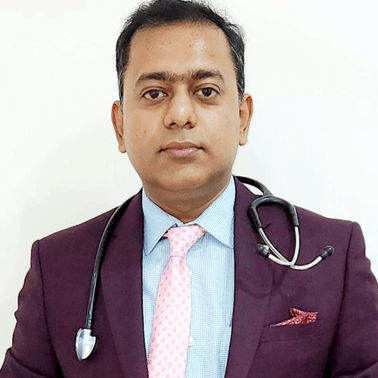
Dr. Sanchayan Mandal
Medical Oncologist
17 Years • MBBS, DNB Raditherapy, DrNB Medical Oncology
East Midnapore
VIVEKANANDA SEBA SADAN, East Midnapore
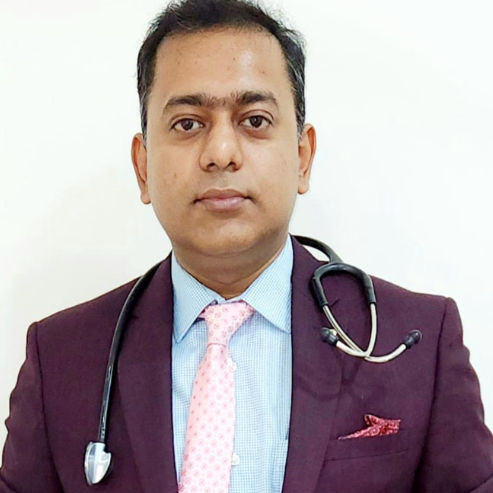
Dr.sanchayan Mandal
Medical Oncologist
17 Years • MBBS, DrNB( MEDICAL ONCOLOGY), DNB (RADIOTHERAPY),ECMO. PDCR. ASCO
Kolkata
Dr. Sanchayan Mandal Oncology Clinic, Kolkata
Consult Top Specialists for Oncologist

Dr. Rupam Manna
Radiation Specialist Oncologist
4 Years • MBBS MD(RADIO THERAPY)
Barasat
Diab-Eat-Ease, Barasat

Dr. Sanchayan Mandal
Medical Oncologist
17 Years • MBBS, DrNB( MEDICAL ONCOLOGY), DNB (RADIOTHERAPY),ECMO. PDCR. ASCO
Kolkata
MCR SUPER SPECIALITY POLY CLINIC & PATHOLOGY, Kolkata

Dr Gowshikk Rajkumar
Oncologist
10 Years • MBBS, DMRT, DNB in Radiation oncology
Bengaluru
Apollo Clinic, JP nagar, Bengaluru

Dr. Sanchayan Mandal
Medical Oncologist
17 Years • MBBS, DNB Raditherapy, DrNB Medical Oncology
East Midnapore
VIVEKANANDA SEBA SADAN, East Midnapore

Dr.sanchayan Mandal
Medical Oncologist
17 Years • MBBS, DrNB( MEDICAL ONCOLOGY), DNB (RADIOTHERAPY),ECMO. PDCR. ASCO
Kolkata
Dr. Sanchayan Mandal Oncology Clinic, Kolkata
